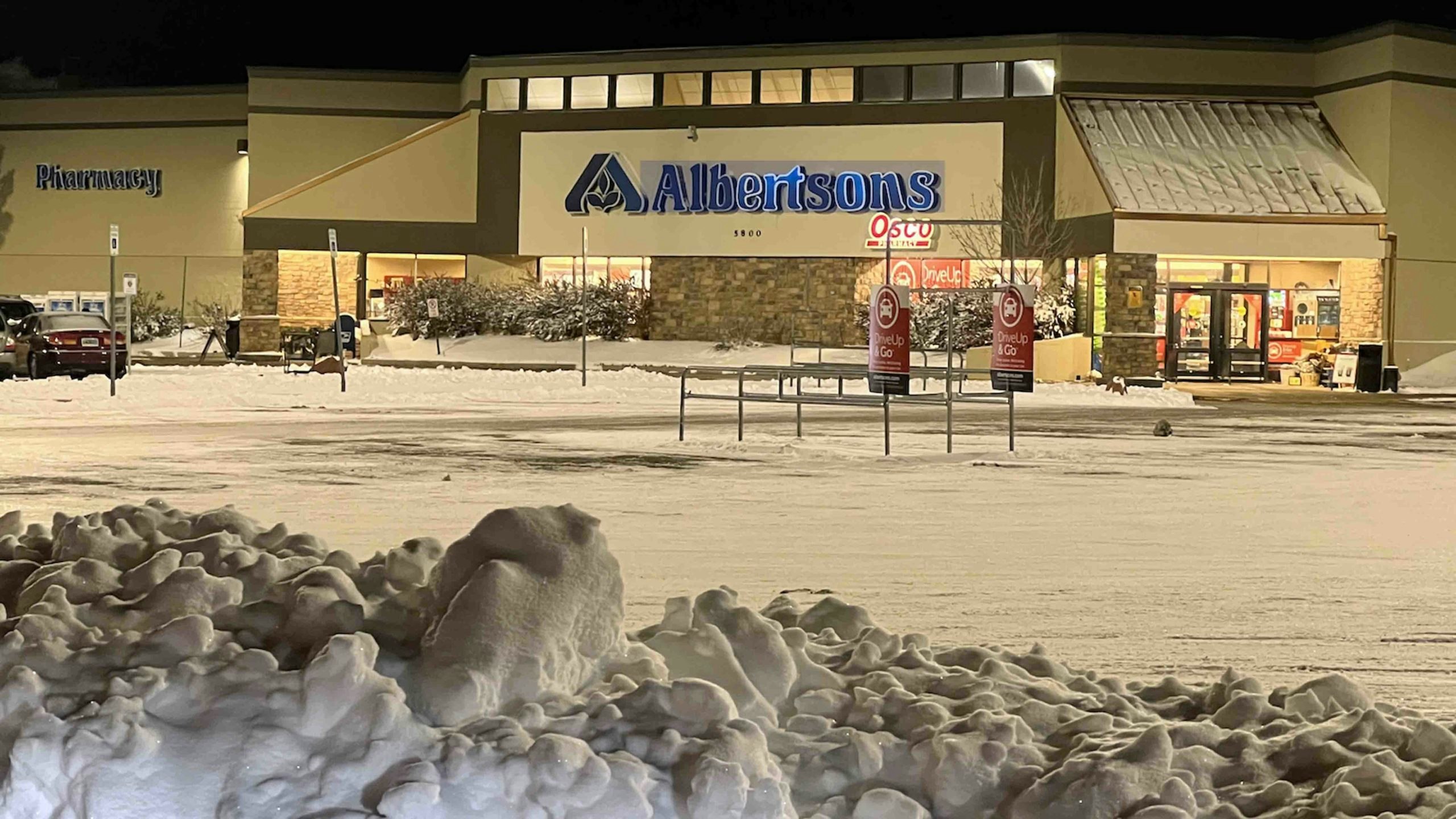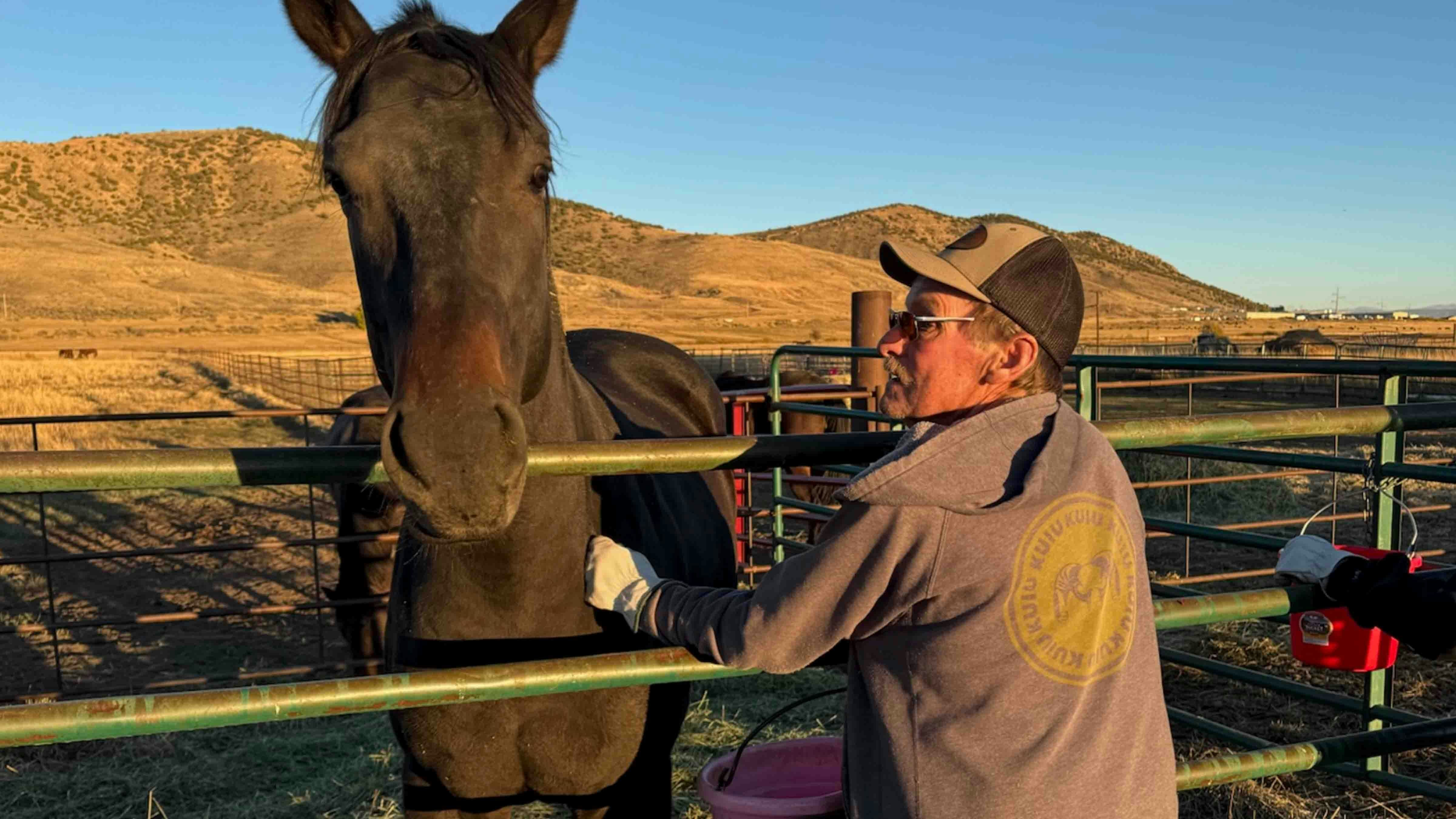Twenty-five Albertsons shoppers from Louisiana, Texas, California, Pennsylvania, Colorado and several other states have signed onto a lawsuit that seeks to stop the $25 billion merger of Kroger and Albertsons and roll back a $4 billion dividend payment given to Albertsons shareholders — a payout that nearly doubles the company’s debt.
The lawsuit, filed in the Northern District of California, alleges that the Kroger company’s acquisition of Albertsons will violate antitrust laws by eliminating meaningful competition in the marketplace. It also accuses the companies of deliberately weakening Albertsons ahead of the merger through the $4 billion dividend, which is equivalent to nearly all of Albertsons’ liquid assets.
“As part of the Kroger-Albertsons mega-merger transaction, the companies seek to financially cripple Albertsons and to weaken its competitive position relative to Kroger,” the lawsuit states.

Watched By Wyoming Workers
Behind only Kroger, Albertsons is the second-largest supermarket-focused company with 2,300 stores and 290,000 employees. Walmart is larger, but includes many other retail items as well.
If the merger goes through, Kroger and Albertsons together would control 4,996 stores between them, or about one-fifth of the supermarket sector.
Many of the two companies’ stores overlap, especially in the Mountain West, where they are often the only nearby shopping choices.
That has prompted criticism from a union that represents about 750 grocery store workers in Wyoming, which fears the merger will reduce competition, leading to higher prices, and ultimately cause job losses, based on how the last large grocery store merger between Albertsons and Safeway went in 2015.
At that time, Albertsons sold off 168 stores to maintain competition in the grocery store sector, but the buyer, Haggen, went bankrupt less than a year later. Albertsons then bought up most of the failed stores.
More States Joining Bandwagon
The Albert-Krogerson deal has already collected many critics across the nation.
Albertsons in particular has been accused of pulling a Toys R Us move with its $4 billion dividend payout to shareholders, which was announced just ahead of the merger deal’s announcement.
Toys R Us was still profitable in 2005 when it was acquired by three private equity funds. They loaded the successful toy store up with crippling debt — a pattern that’s been repeated by private equity companies across multiple chains. In the last decade, Shopko, Payless ShoeSource, Gymboree, The Limited and Sports Authority, and many other stores too numerous to mention combined to account for 600,000 retail jobs lost, according to a Forbes report. These losses occurred primarily after private-equity companies saddled their new companies with too much debt, crippling them.
Washington’s attorney general, in particular, filed a high-profile lawsuit challenging the Albertsons dividend payout, pointing out the company is borrowing $1.5 billion to pay the special dividend to shareholders.
That effort was quashed, however, after the judge on the case said the paper trail shows the company was already talking about the dividend prior to the public announcement of the Albert-Krogerson deal.
Discussing that dividend payout during the merger or as a condition of the merger would have violated anti-trust law, but Washington’s AG was not able to present evidence that such discussions took place.
California, Illinois and Washington, D.C., attorneys general, meanwhile, have filed a similar lawsuit.
Their case is still alive, barely, after a federal appeals court refused to affirm a lower court’s refusal to block the dividend payment.
That gives the attorneys general in that case another bite at the apple — though it’s not clear how the payout could actually be rolled back in either the newly filed private consumer’s lawsuit or the D.C. case.
More Scrutiny
Arizona is the latest state to announce it will investigate the planned mega merger.
“Hardworking Arizonans struggle daily to put fresh, healthy food on the table for their families and have already suffered through devastating price increases over the past year,” said Arizona Attorney General Kris Mayes. “In addition to skyrocketing prices, the proposed merger raises questions about the potential for store closures that could force consumer to travel further for groceries — possibly creating food deserts that disproportionately affect minority communities.”
Colorado Attorney General Phil Weiser, meanwhile, had filed a brief in the Washington state case urging that court to block the payout.
Weiser has been holding public community forums since the Washington suit failed, to gather feedback and concerns from Coloradoans about the merger.
Washington Attorney General Bob Ferguson, meanwhile, said he’ll continue to investigate the merger despite the failure of his dividend suit.
FTC Cracking Down On Big Mergers
But it’s not just states giving mega mergers like the Albert-Krogerson deal the side eye.
The FTC has lately filed a raft of lawsuits against various mergers.
These have included chip maker Nvidia’s proposal to buy up a $40 billion British technology provider, Arm; the proposed merger between Penguin’s Random House and Simon & Schuster; and Microsoft’s proposal to gobble up $70 billion game-making giant Activision Blizzard.
The FTC’s extra enforcement followed an executive order from President Joe Biden saying corporate consolidation is undermining healthy competition and strangling innovation, leading to higher prices and fewer choices.
“The rate of new business formation has fallen by almost 50% since the 1970s, as large businesses make it harder for Americans with good ideas to break into markets,” Biden’s executive order states.
As for the Albert Krogerson deal, the FTC has already requested additional information, suggesting that regardless of how the various private and state lawsuits play out, there could be a second level of resistance to the grocery stores’ mega merger still to come from the federal government.





